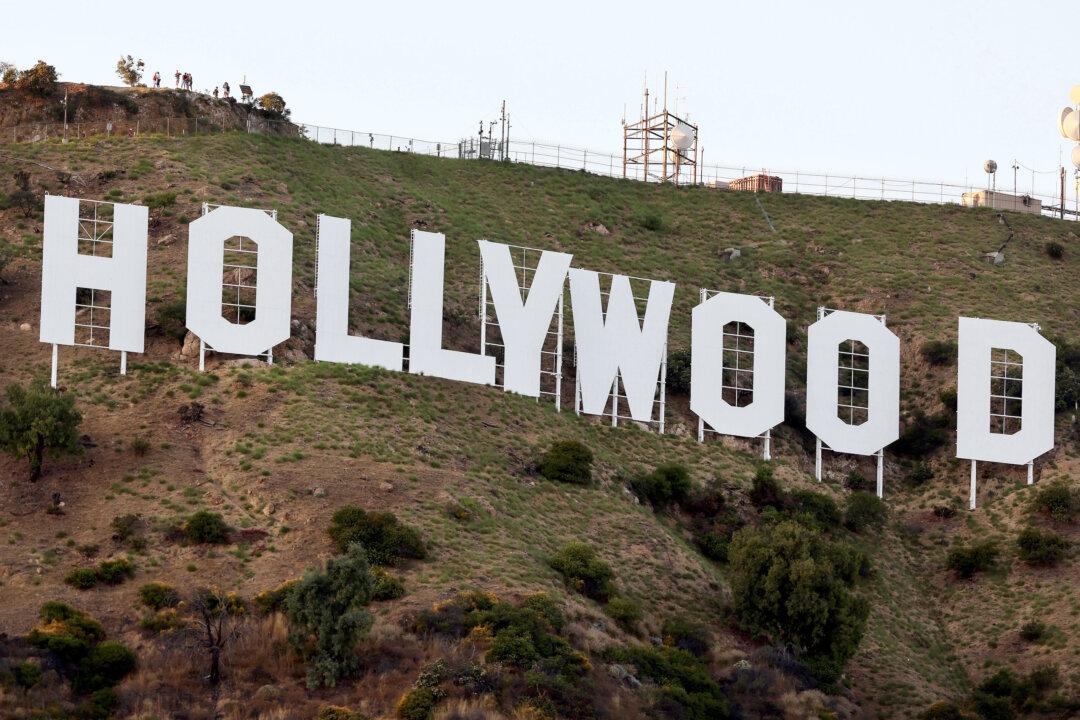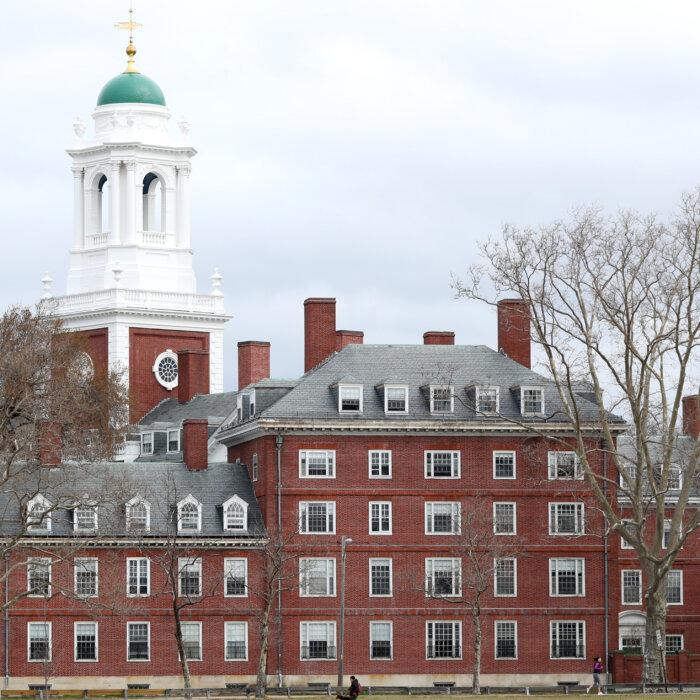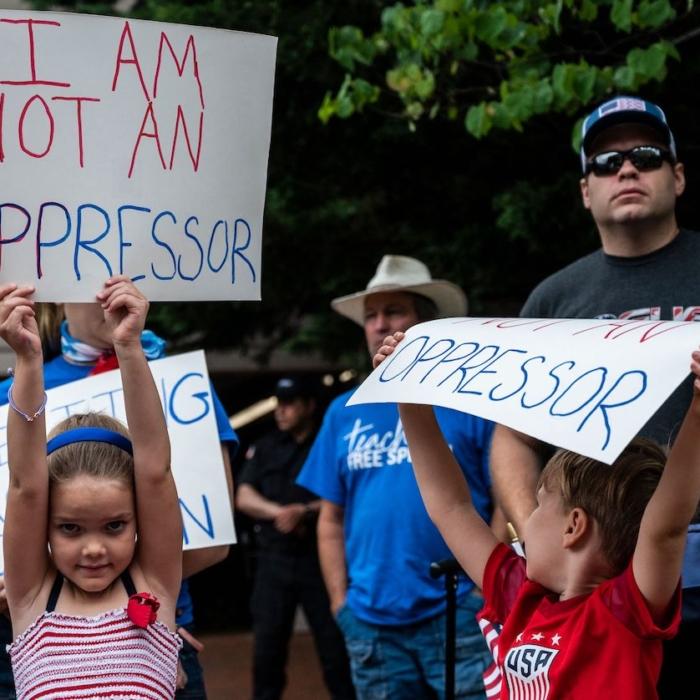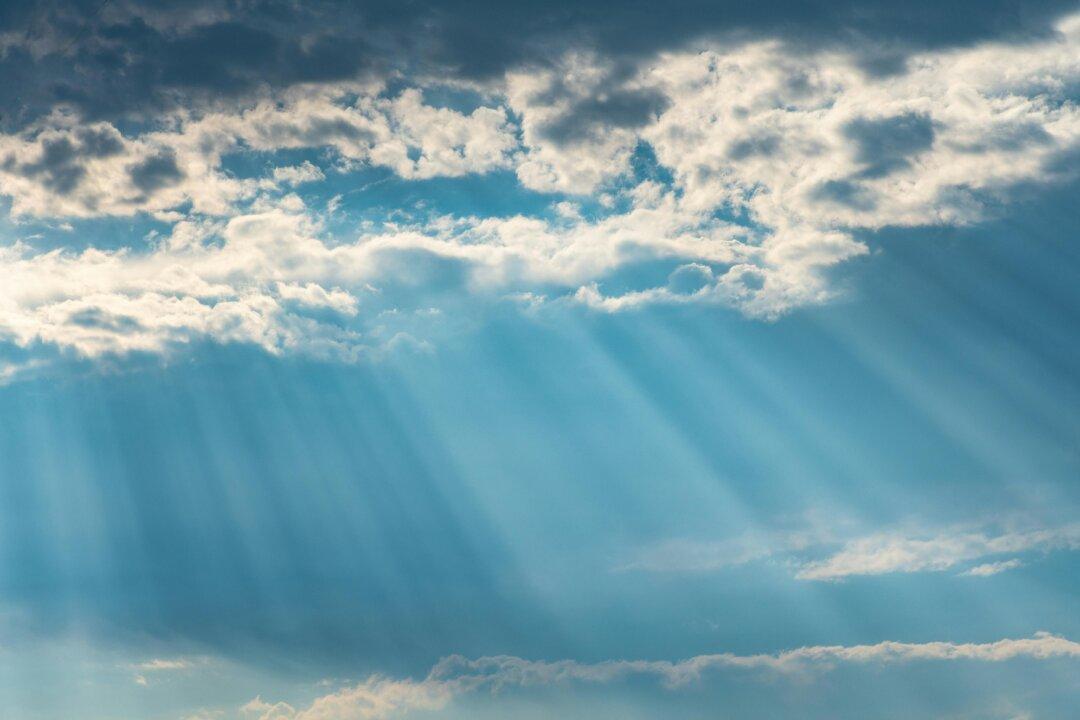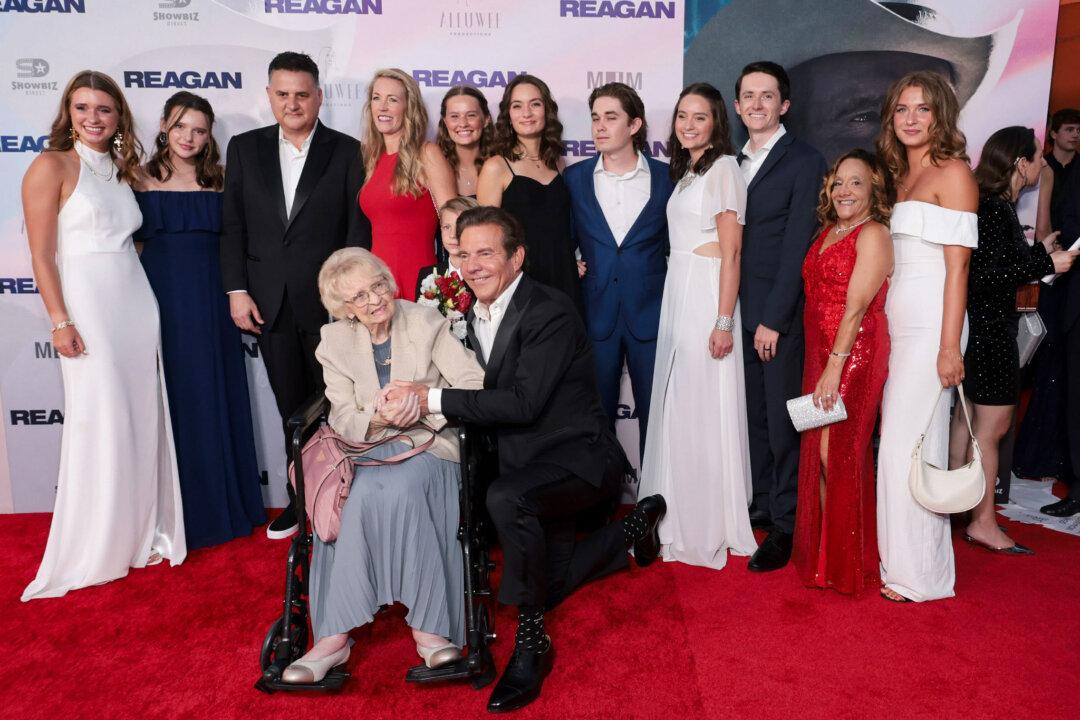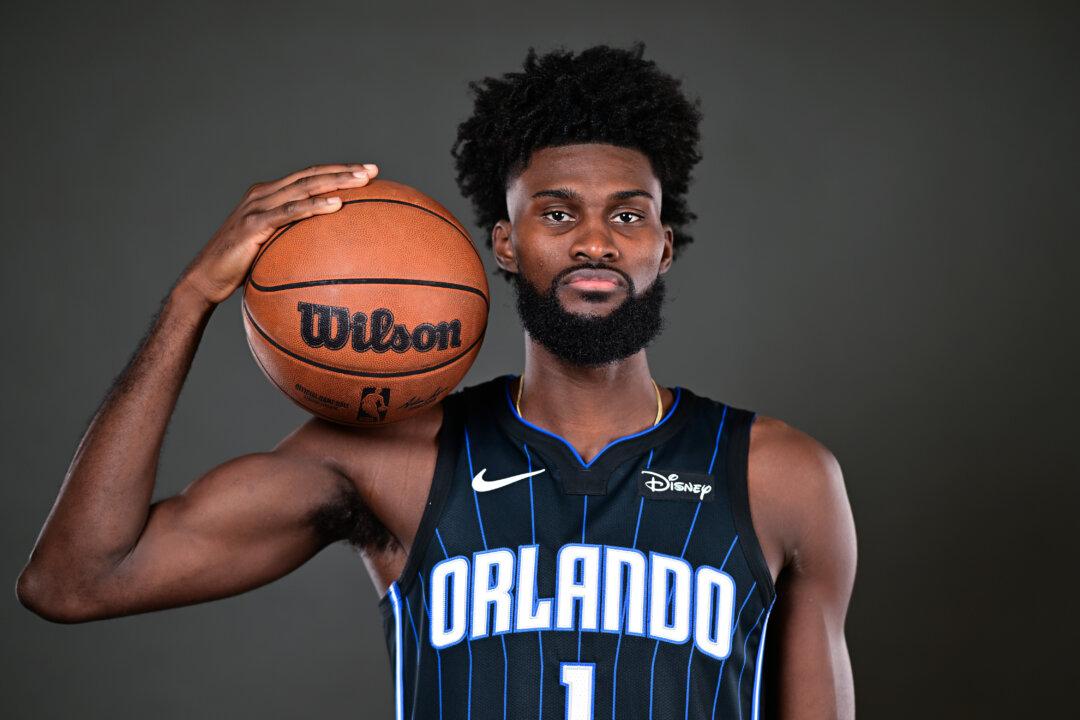The USC Annenberg Inclusion Initiative’s latest compilation of television’s most inclusive shows indicates that a significant portion of these shows are either off the air or awaiting renewal.
The data, encompassing on-screen and behind-the-camera personnel, ranks the 100 most inclusive broadcast and cable series from the 2021–22 broadcast season and streaming series from 2021 to 2023. The list also identifies the top 20 producers of the most inclusive shows on TV.
The research examined over 560 series across broadcast, cable, and streaming platforms, utilizing 15 inclusion indicators that encompass gender, race/ethnicity, LGBT, disability, and age representation for series regular cast.
However, an observed trend reveals that most of the inclusive shows have concluded, been canceled, or are in renewal uncertainty.
1. Queen Sugar (OWN) [Ended in 2023 after seven seasons] 2. The Baby (HBO) [Aired one season in 2022] 3. Naomi (CW) [Canceled after one season] 4. All American: Homecoming (CW) 5. Twenties (BET) 6. Queens (ABC) [Canceled after one season] 7. The Kings of Napa (OWN) 8. 4400 (CW) [Canceled after one season] 9. Sistas (BET) 10. P-Valley (Starz)
Concerning the top ten streaming shows, seven of the ten have been canceled or were limited series. 1. Raising Dion (Netflix) [Canceled after two seasons] 2. Gentefied (Netflix) [Canceled after two seasons] 3. The Garcias (Max) [Canceled after one season] 4. The Last Days of Ptolemy Gray (AppleTV+) [Limited series, aired in 2022] 5. Reasonable Doubt (Hulu) 6. Now and Then (Apple TV+) 7. Rap Sh!t (Max) 8. With Love (Amazon Prime) [Canceled after two seasons] 9. First Kill (Netflix) [Canceled after one season] 10. Swarm (Amazon Prime) [Limited series, aired in 2023]
This comes as the Academy of Motion Picture Arts and Sciences implemented a new set of standards for diversity and inclusion for film which goes into effect this year.
Standard A requires meeting one of three criteria: having a lead or significant supporting character from an underrepresented racial or ethnic group, ensuring at least 30 percent of the acting ensemble is from two underrepresented groups, or having a storyline centered on an underrepresented group. According to the academy’s website, the groups may include LGBT, African Americans, indigenous peoples, Hispanic or Latino, Middle Eastern, East Asian, Pacific Islander, Women, and people with disabilities.
Standard B involves criteria related to creative leadership and crew composition. Films must meet one of three conditions: having at least two leaders or department heads from an underrepresented group, ensuring at least six crew or technical positions are filled by underrepresented individuals, or having at least 30 percent of the entire crew representing underrepresented groups.
Standard C focuses on the film’s production, distribution, or financing companies offering paid internship or apprenticeship opportunities for individuals from underrepresented groups.
Finally, Standard D requires the film studio to have multiple senior executives from under-represented groups on its marketing, publicity, or distribution teams.
One film company, AEO Films, disagrees with the new standard. A spokesperson told The Epoch Times: “Having a quota for something like that is ridiculous. What movies will be nominated now? Oppenheimer would have never been nominated. Hollywood is trying to say who gets cast and who works on what films. Hollywood is driving more of its audiences away. I wonder if any historical or period film will ever be nominated again.”
Mr. Strickland added: “We are all for inclusion in our films, but if we’re going to have inclusions, if the Academy is going to have inclusion, then we need to have the Academy include our second unit, our stunt men and women members.”
As far as the television cancellations, Mr. Strickland said: “When it comes to pushing a narrative, often people don’t connect where they should and that’s in the heart.”
Mr. Strickland has an upcoming documentary with Hollywood A-Listers such as Helen Mirren and Keanu Reeves called “2nd Unit: Invisible Action Stars.”
He said that in Marvel’s “Black Widow” and “Captain America: Civil War” films, Heidi Moneymaker, Scarlett Johanson’s stunt woman, played 50 percent of the role onscreen, yet received none of the credit.
Mr. Strickland said: “There are African Americans, all kinds of ethnicities, people in wheelchairs that are stunt performers. They are fighting to be recognized by the Academy, and to be recognized for their achievements.”
Comparable efforts made by the Golden Globes and Hollywood Foreign Press Association were put in place after the award show struggled with failing ratings amidst calls to diversify the panel of voters. This year’s voting panel was made up of roughly 300 journalists from 75 countries.
